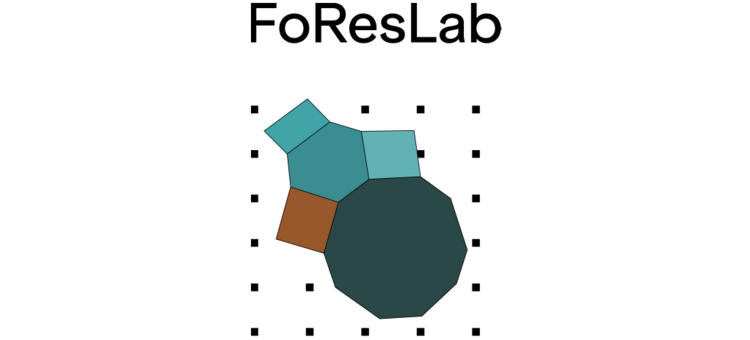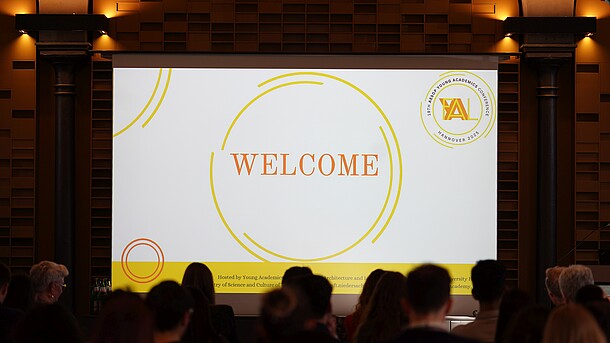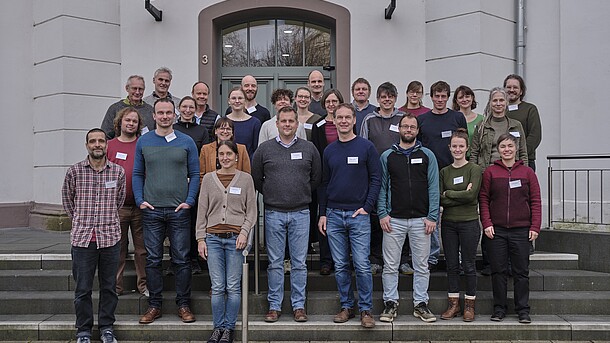FoResLab: Future Lab towards Forests Resilient to Climate Change

| Led by: | Prof. Dr. Ann-Kathrin Kößler |
| Team: | Lennart Stangenberg |
| Year: | 2030 |
| Funding: | Lower Saxony Ministry of Science and Culture and the Volkswagen Foundation |
Background
Climate change has a direct impact on forests in Central Europe and poses a challenge for the way forests are managed under current and future conditions. Solutions that make forests resilient to climate change are urgently needed to preserve and protect the key ecosystem functions and services that forests provide. As one of four new Future Labs in Lower Saxony, FoResLab – Future Lab towards Forests Resilient to Climate Change – addresses, in a highly inter- and trans-disciplinary approach, the question: How can we make forests resilient to climate changes in current and future conditions? FoResLab brings together experts from the universities Hannover, Göttingen and Braunschweig, the HAWK University in Hildesheim, Holzminden and Göttingen, the Northwest German Forest Research Institute (NW-FVA), the Julius Kühn Institute, and the Luxembourg Institute of Science and Technology as well as five practice partners (National Park Hainich, National Park Harz, Lower Saxony State Forests, Göttingen Academy of Sciences and Humanities, and Stiftung Zukunft Wald) ensuring a close link of science, private sector, and civil society.
Setup
Organized in three platforms and 13 subprojects, FoResLab pursues novel ways of inter- and trans-disciplinary research, science communication, and knowledge transfer.
In the Experimental Platform, researchers investigate the relevant ecosystem functions and services of six highly instrumented forests. The latest near-real-time sensors are utilized to derive multi-functional indicators of forest resilience to climate change. The Digital Platform will provide digital twins of the experimental sites as well as an online forest water stress monitor. The Societal Platform will work closely with relevant forest stakeholders to understand which social and economic aspects are important for designing management plans for resilient forests.
IUP Involvement and Objectives
The Environmental Behavior and Planning Working Group of the IUP will lead the societal platform and carry out a subproject on “Understanding stakeholders’ preferences and creating support for sustainable forest trajectories”.
The aim of this work is to enhance socio-ecological resilience by balancing stakeholder interests. We will first identify key actors at the state level and within specific study sites in order to subsequently capture stakeholders’ perceptions, motivations, and barriers to forest transformation through interviews. In workshops, stakeholders and experts will co-develop local transformation pathways. Additionally, the subproject will examine how stakeholders prioritize forest functions and assess their willingness to support transformation efforts. Economic experiments will help to identify the respective preferences for forest characteristics. Lastly, the researchers will design behavioral strategies to enhance public support for forest transformation and assess its effectiveness through a randomized controlled trial. The findings will provide a framework for future initiatives.
IUP researchers: Prof. Dr. Ann-Kathrin Kößler, Lennart Stangenberg
Overall project coordination: Prof. Dr. Alexander Knohl, Dr. Miriam Teuscher, University of Göttingen, Germany
More information: https://www.uni-goettingen.de/en/692247.html
FoResLab is funded by the zukunft.niedersachsen program of the Lower Saxony Ministry of Science and Culture and the Volkswagen Foundation.





